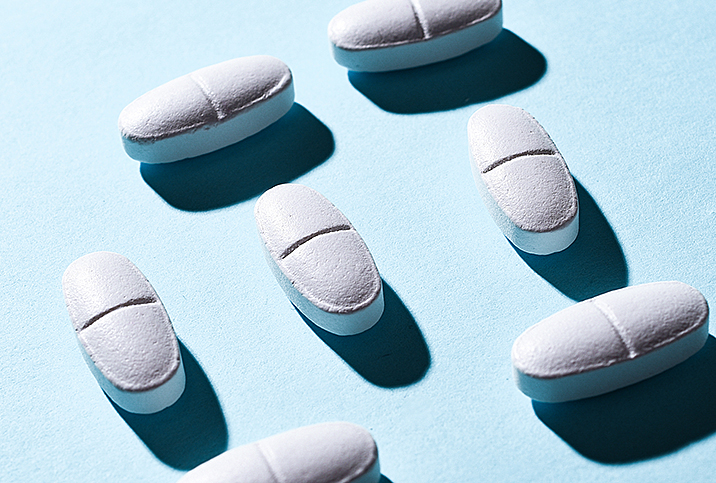Do Opioids Cause Sexual Dysfunction?

For patients with severe pain, opioids are an effective treatment option when used as directed by a medical professional. But chronic use or abuse can lead to issues in your sex life.
Opioids work by attaching to opioid receptors in the bloodstream and dampening the pain responses triggered by the brain. The most common forms are morphine, oxycodone and fentanyl, prescribed for various pain levels from post-surgical recovery and hospitalizations at home and home therapy.
When used as prescribed by your doctor, these drugs can have beneficial effects that help with daily functionality. Taken at higher doses, however, they can provide a “high” that often leads to abuse and addiction, especially after extended use beyond the prescribed length.
Since peaking in 2012, opioid use as a treatment has steadily decreased, falling to its lowest level in 14 years in 2019, according to the Centers for Disease Control and Prevention (CDC). However, opioids are still a relatively common treatment and, like any medication, they have side effects, some of which can manifest in the bedroom.
Opioid impact on sexual wellness
Studies of continued use of opioid medications for pain management over a month-long period or more have shown a variety of side effects, varying from lethargy to signs of depression. Another side effect can be sexual dysfunction.
Opioid use can decrease the production of gonadal sex hormones, including androgen and estrogen, the loss of which contributes to what’s known as opioid-induced endocrinopathy. This creates hormonal imbalances in the body. Women may see this surface as menstrual abnormalities and fertility issues.
For men, regular opioid use has shown an increase in struggles with erectile dysfunction, particularly for men at a younger age. In 2016, the Journal of Sexual Medicine reported that patients treated with opioids for chronic pain not related to cancer treatment reported higher rates of sexual dysfunction.
These side effects may lead people to use over-the-counter or illegally acquired supplements or medications to counteract the effects of the opioid treatment, which in turn can lead to potentially dangerous drug interactions. Therefore, it is important to talk with a physician if any issues with libido manifest during the use of prescribed opioids. The doctor can monitor and help find smart solutions if longer-term opioid use is needed.
Treatment for opioid-related sexual problems
Treatment for opioid-induced endocrinopathy is available. If you are still taking morphine or fentanyl for continued treatment, a doctor may recommend countering the adverse effects with a testosterone or hormone supplement. These come in a variety of forms, from transdermal patches to injections.
Research is still being done to fully understand the long-term effects of opioids on men’s and women’s sexual health. To date, there is a better understanding of how to treat the side effects seen in men than those seen in women.
If you have questions about how managing your chronic pain is affecting your sexual wellness, ask your doctor and review any symptoms you are experiencing.


















